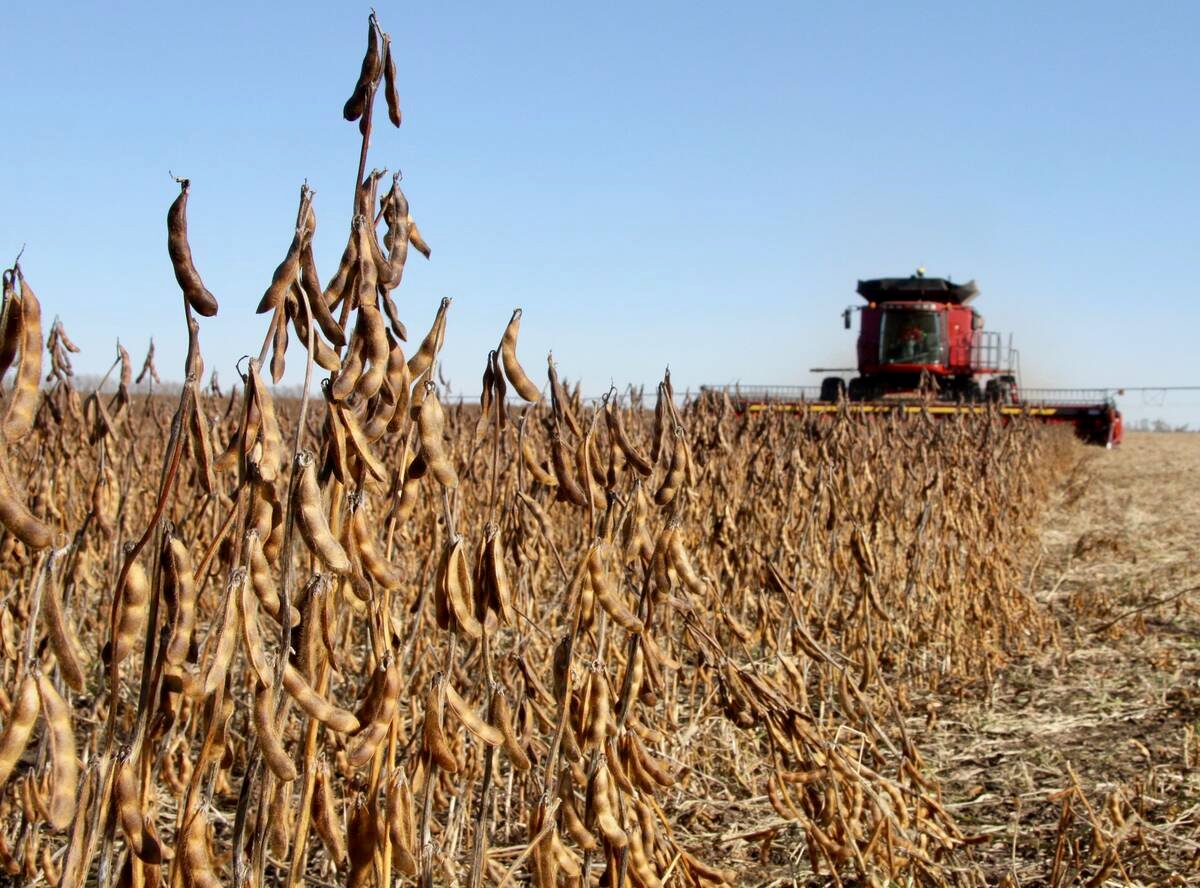The president of the Canadian Federation of Agriculture gets uneasy when fingers start pointing at farmers over high world food prices and the misery and political unrest they create.
“I think from the farmer point of view, when you see price spikes, governments and politicians often have knee-jerk reactions around the world,” Ron Bonnett said.
“This often results in very bad policy or even policy setbacks.”
He said the real issue is not high farmgate prices but rather price volatility.
Read Also

U.S. soybean crop was not all roses this year
The USDA is forecasting record U.S. soybean yields but for some growers it was a disastrous year due to excess moisture.
And solutions are “far more complex” than often are proposed.
Instead of export restrictions or other measures to keep prices lower, Bonnett said foreign governments and international development agencies should invest in research on how to increase productivity and prevent crop wastage in developing countries.
“I believe you can argue that the problem is not high prices but really long-term low prices,” said Bonnett.
“If farmers in (food deficient) countries had higher prices, they would have an incentive to produce more, to be more productive.”
He also said the majority of populations in many developing countries are involved in farming, often at the subsistence level.
“So if prices are higher and that means more money back to the producer, that means a reduction in poverty levels,” he said. “In the cities, inability to afford food is a poverty issue, not a food price issue.”
Bonnett complained that attention from media and politicians often blows the issue out of proportion.
It can even affect the image of farmers in Canada.
Consumers read stories of soaring commodity prices and growing world hunger along with reports about Canadian farm incomes increasing and assume their own food prices are being affected or that farmers are getting richer at the expense of the world’s poor.
“With the small value of wheat that actually is in a loaf of bread, prices could double and consumers here would see little impact on their prices,” he said.
“Sometimes, this attention on the issue or the angle of the attention is frustrating.”














